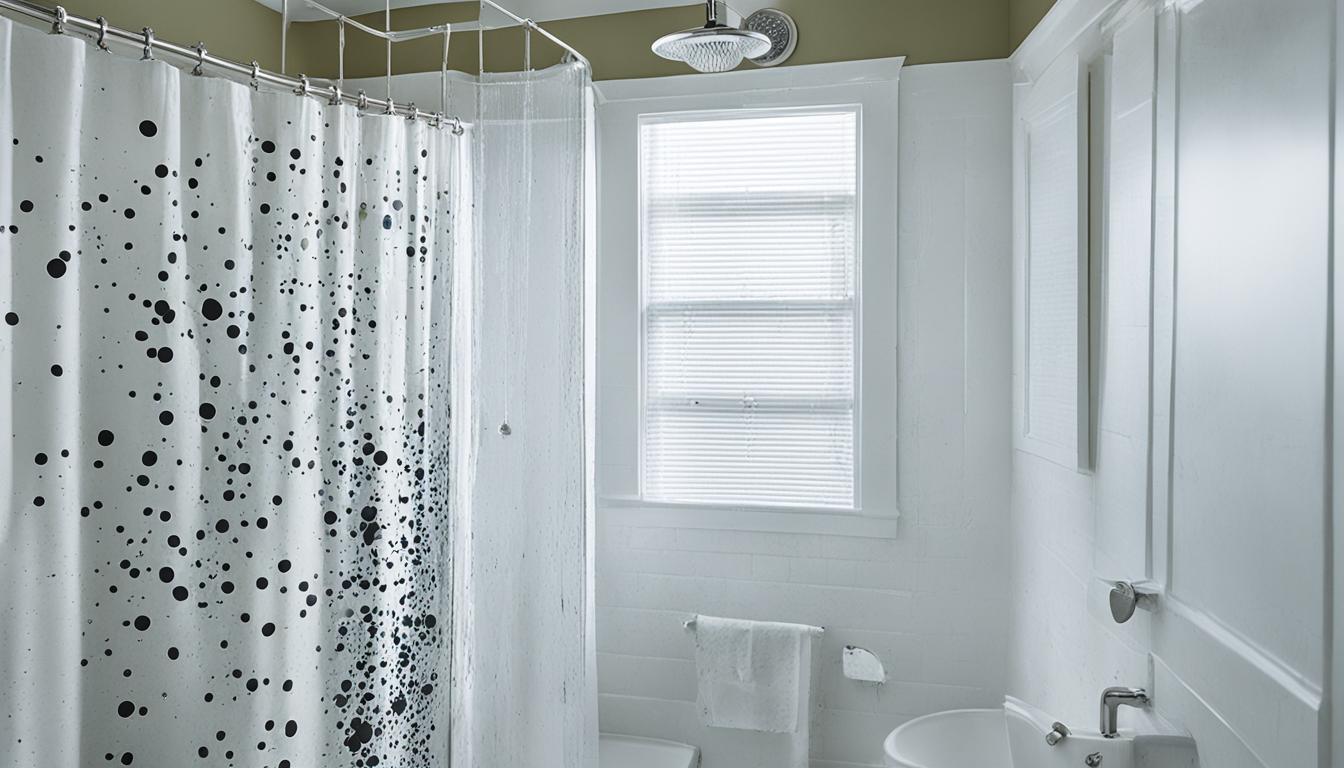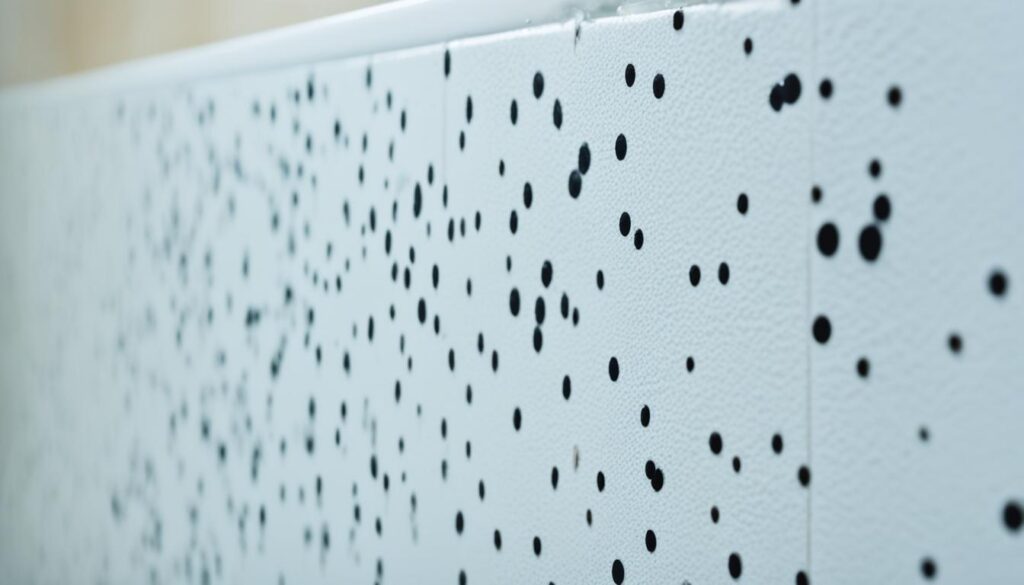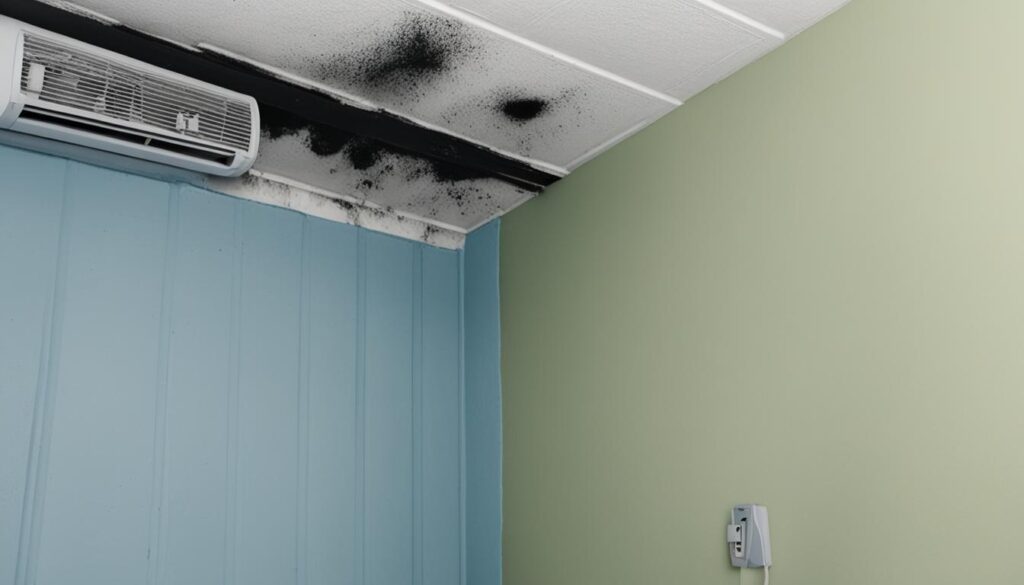
Symptoms of Mold in the House Florida: Spot Signs Early
Welcome to our informative article on the symptoms of mold in the house in Florida. Living in Florida, where the climate is humid and warm, puts homeowners at a higher risk of encountering mold growth. Recognizing the signs of mold early on is crucial for maintaining good indoor air quality and protecting your family’s health.
Mold can have detrimental effects on both your property and your well-being. It can lead to respiratory issues, allergies, and even more severe health problems if left untreated. By being aware of the common symptoms of mold in the house, you can take timely action to address the issue, ensuring a safe living environment for your loved ones.
In the following sections, we will explore the common symptoms of mold in the house, as well as the hidden signs that often go unnoticed. By familiarizing yourself with these indicators, you can be proactive in combating mold and preventing further damage to your property.
Key Takeaways:
- Living in Florida makes homeowners susceptible to mold growth in their houses.
- Recognizing the symptoms of mold early on is crucial for maintaining good indoor air quality.
- Mold can have detrimental effects on both your property and your well-being.
- Knowing the common symptoms of mold in the house allows for timely action.
- Hidden signs of mold should not be overlooked to ensure a healthy living environment.
Common Symptoms of Mold in the House
When it comes to mold in the house, recognizing the common symptoms is key to addressing the issue promptly. In this section, we will explore the most prevalent signs that indicate the presence of mold in your Florida home.
- 1. Visible mold growth: The presence of mold colonies is one of the most obvious signs of an infestation. Look out for patches or discoloration on walls, ceilings, or other surfaces.
- 2. Musty odor: Mold often emits a distinct, unpleasant smell. If you notice a musty or earthy odor in your home, it could indicate the presence of mold.
- 3. Allergic reactions: Mold spores can trigger allergic symptoms, such as sneezing, coughing, itchy eyes, and a runny nose. If you or your family members experience these symptoms indoors, mold might be the culprit.
- 4. Respiratory issues: Prolonged exposure to mold can lead to respiratory problems, including difficulty breathing, wheezing, and chest tightness. If you notice these symptoms worsening while inside your home, it’s important to investigate for mold.
- 5. Water damage: Moisture problems, such as leaks or flooding, can create an ideal environment for mold to thrive. Any past or present water damage should be a red flag for potential mold growth.
- 6. Increase in humidity: Mold tends to thrive in humid environments. If the humidity level inside your home is consistently high, it could contribute to mold growth.
To gain a better understanding of these common symptoms, refer to the table below:
| Symptoms | Indicators |
|---|---|
| Visible mold growth | Patches or discoloration on surfaces |
| Musty odor | Unpleasant earthy smell |
| Allergic reactions | Sneezing, coughing, itchy eyes, runny nose |
| Respiratory issues | Difficulty breathing, wheezing, chest tightness |
| Water damage | Leaks, flooding, or other signs of moisture |
| Increase in humidity | Consistently high humidity levels |
In addition to these common symptoms, it’s important to note that mold can also exist in hidden areas. We will discuss these hidden signs in the next section to ensure you’re equipped with a comprehensive knowledge of mold detection in your Florida home.

Spotting Hidden Signs of Mold
When it comes to mold in your house in Florida, it’s not always easy to spot the signs. Mold can lurk in hidden corners, behind walls, or under flooring, posing a threat to your indoor air quality and overall health. Recognizing these hidden indicators is crucial for maintaining a healthy living environment.
Here are some less obvious signs that may indicate the presence of mold:
- Musty odor: Mold often releases a distinctive musty smell, which can be the first clue of its presence. If you notice a persistent damp or musty odor in certain areas of your house, it’s essential to investigate further.
- Water leaks: Mold thrives in moist environments, making water leaks a common source of mold growth. Look out for any signs of water damage, such as discolored walls or ceilings, peeling paint, or warped flooring, as these indicate a potential mold problem.
- Condensation: Excessive condensation on windows or pipes can create a breeding ground for mold. Pay attention to areas prone to condensation, such as bathrooms, kitchens, or basements, and take measures to reduce moisture build-up.
- Allergic reactions: Mold can trigger allergic reactions in sensitive individuals. If you or your family members experience unexplained allergic symptoms, such as sneezing, coughing, itchy eyes, or respiratory issues, mold may be the culprit.
Remember, hidden signs of mold may not always be visible to the naked eye, so it’s crucial to stay vigilant and proactive in addressing potential mold issues in your house in Florida.
If you suspect mold growth but can’t locate the source, it’s advisable to consult a professional mold inspector who can conduct a thorough assessment of your property to identify hidden mold and recommend appropriate remediation measures.
Preventing Mold Growth
Prevention is key when it comes to mold growth in your house in Florida. Here are some essential tips to help you keep mold at bay:
- Maintain proper ventilation in high-moisture areas, such as bathrooms, kitchens, and laundry rooms.
- Address water leaks and plumbing issues promptly to prevent moisture accumulation.
- Regularly clean and dry areas prone to humidity, such as showers, sinks, and air conditioning units.
- Ensure proper insulation and moisture barriers for your home’s walls and foundations.
- Monitor indoor humidity levels and use dehumidifiers if necessary.
By taking proactive measures and staying vigilant for hidden signs of mold, you can maintain a healthy and mold-free living environment in your house in Florida.

Conclusion
Recognizing the symptoms of mold in your house in Florida is crucial for maintaining a safe and healthy living environment. Mold not only affects the structural integrity of your property but can also have serious implications for your family’s well-being. By promptly addressing any signs of mold, you can prevent further damage and protect your loved ones.
During the Florida climate, where high humidity is prevalent, it is essential to be vigilant and proactive in identifying mold symptoms. Some common indicators include musty odors, visible mold growth, and the presence of water stains. However, mold can also hide in hidden spaces like behind walls or under carpets, so it’s important to be aware of less obvious signs.
To minimize the risk of mold in your house, keep indoor humidity levels below 50%, address any water leaks or moisture issues promptly, and ensure proper ventilation. Regularly inspecting your property, especially areas prone to dampness, such as bathrooms and basements, can help you spot mold early on and take immediate action to mitigate it.




